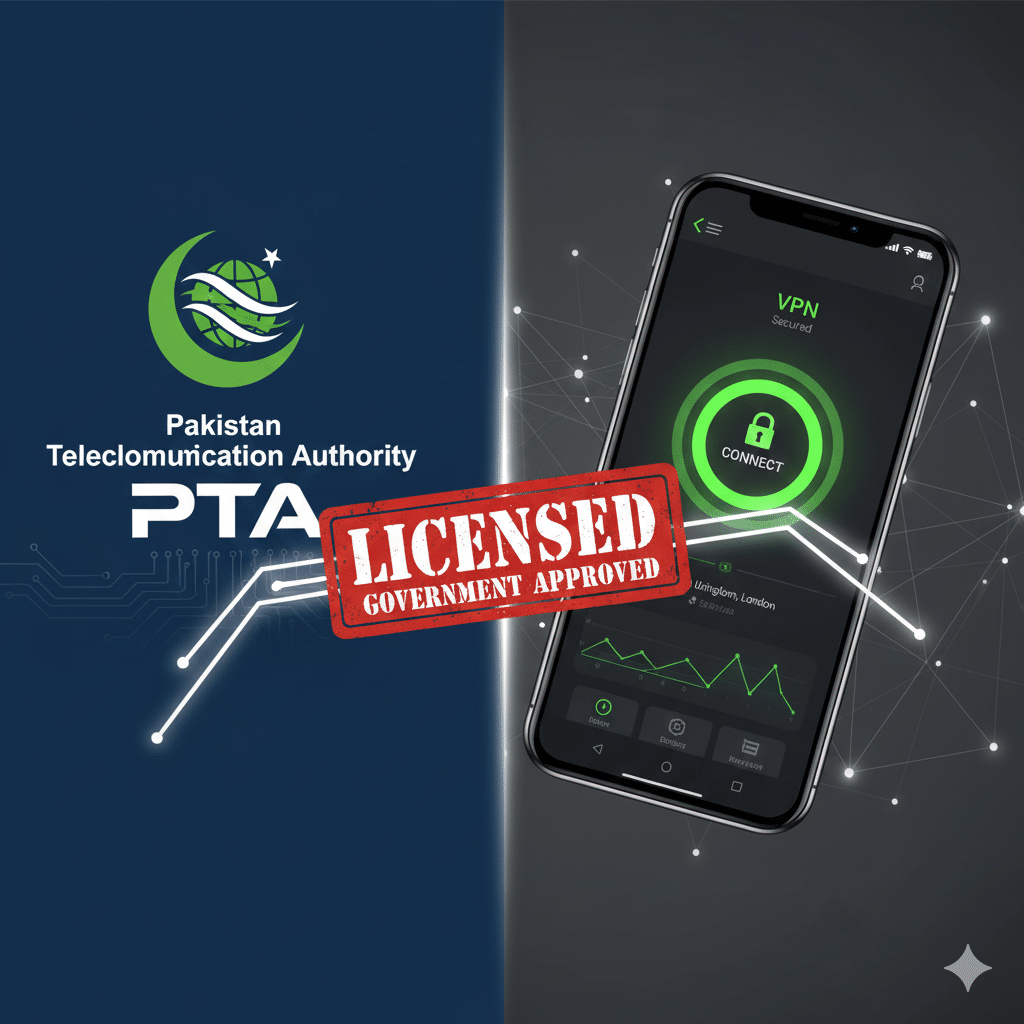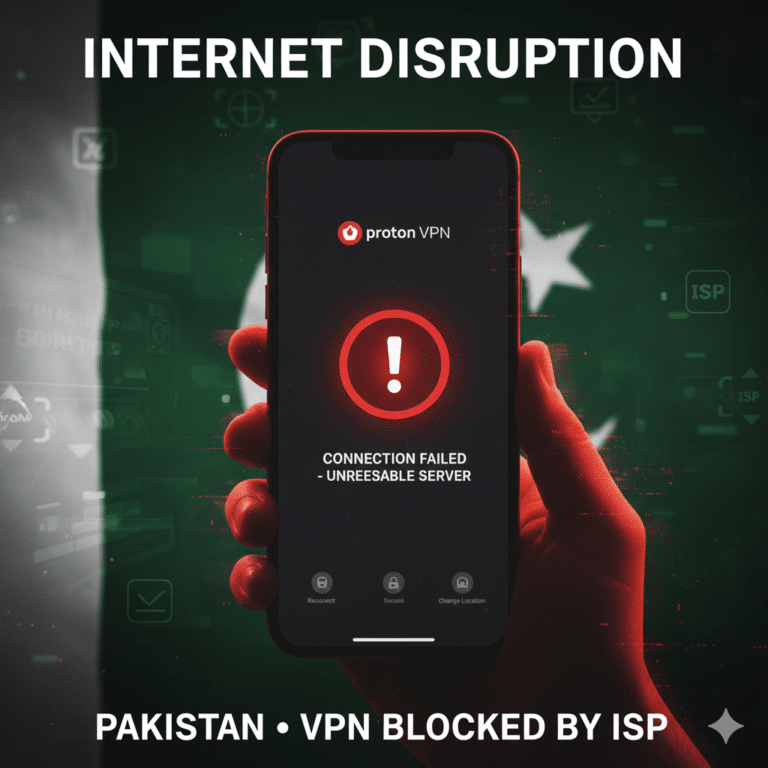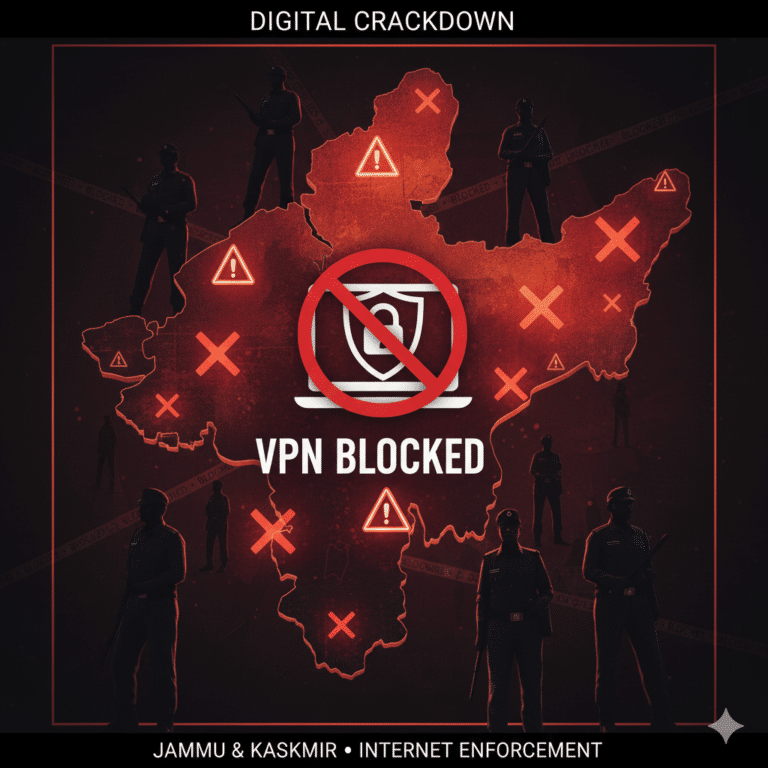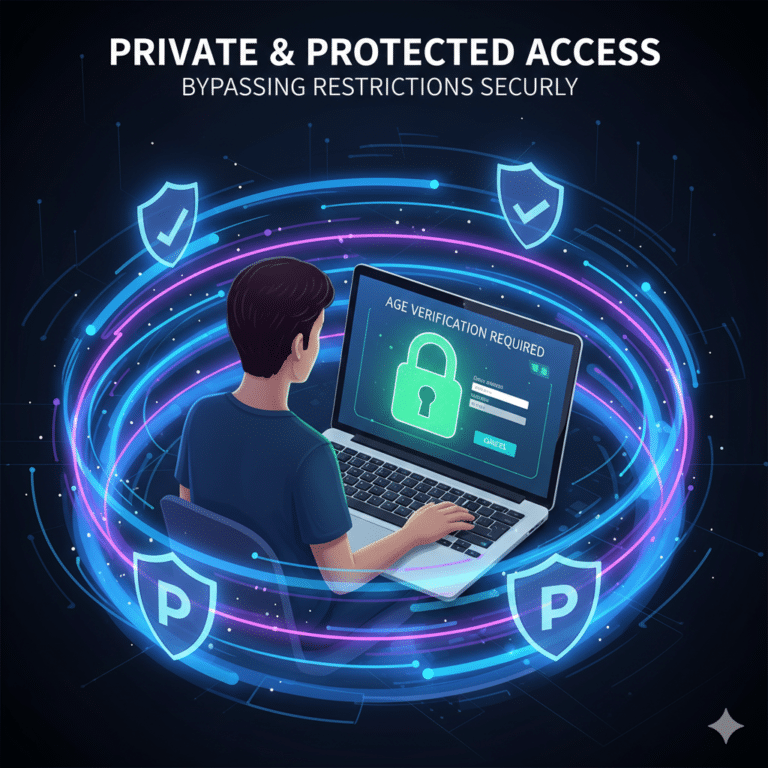Pakistan’s telecom regulator, the Pakistan Telecommunication Authority (PTA), has begun issuing licences to local VPN service providers under a reinstated Class Value Added Services (CVAS-Data) regime. The move marks a major policy shift: instead of an outright ban or blanket blocking, the government is creating a regulated market so citizens and organisations can subscribe to licensed VPN services for lawful online access. This article explains what the licensing means, who has been authorised, why the change matters, and what users should consider before adopting licensed VPNs.
What the PTA announced
On November 13, 2025, the PTA confirmed it has commenced licensing of VPN service providers, granting Class Licences to multiple companies. The regulator says these licences permit providers to operate “lawful and secure” VPN services and that users may access approved VPNs without individual registration. The PTA’s press releases list several licensees and detail the regulatory framework under CVAS-Data.
Named licensees
Reported companies that received licences include:
Alpha 3 Cubic (Steer Lucid)
Zettabyte (Crest VPN)
Nexilium Tech (Kestrel VPN)
UKI Conic Solutions (QuiXure VPN)
Vision Tech 360 (Kryptonyme VPN).
Why Pakistan moved to licence VPNs now
Pakistan’s decision appears to balance two objectives: controlling misuse of anonymising services while permitting “lawful” encrypted access for businesses and citizens. The country already operates one of the region’s most intrusive surveillance and filtering infrastructures — including lawful intercept systems and web-monitoring platforms — which critics say compels further regulation of encrypted channels. Licensing tells providers how to operate in that environment and gives the regulator a framework to manage services offered domestically.
What a Class Licence means for users and organisations
A Class Licence under CVAS-Data typically sets general conditions that multiple service providers and their customers must follow, so:
Users can access approved VPN services without separate registration for each account, simplifying adoption for businesses and individuals.
Providers must comply with PTA rules, which may include data-handling, lawful access requests, and monitoring obligations — details depend on licence terms.
Regulated providers may offer more predictability (clearer legal status) but also less anonymity than unregulated or offshore VPNs. Expect transparency on logging, cooperation with lawful intercept, and local point-of-contact requirements. (TechRadar)
Comparison: licensed domestic VPNs vs. offshore VPNs
Privacy & anonymity: Offshore or audited zero-log VPNs often promise stronger anonymity; licensed local providers may be required to retain certain metadata or comply with lawful requests.
Performance & latency: Local VPN providers can offer faster domestic routes and better local customer support, beneficial for enterprises.
Legal safety: Licensed VPNs reduce legal ambiguity for businesses operating inside Pakistan, but users who rely on VPNs to evade censorship may find the new regime limiting.
Reaction and concerns from experts and observers
Industry observers note the licensing could legitimize VPN use for commerce and cybersecurity, but rights groups caution the move may expand government surveillance power if licence conditions require logging or easy lawful intercept compliance. Amnesty and other observers have previously warned about Pakistan’s extensive monitoring systems; a licensing framework that does not include strong privacy guarantees could entrench surveillance rather than mitigate it.
Practical advice for Pakistani users
Check the licence list on the PTA website before subscribing — prefer providers explicitly named in PTA releases.
Read privacy policies: understand what metadata, if any, the provider logs and how it responds to lawful requests.
Consider threat model: if you need strong anonymity from local authorities, a domestic licensed provider may not meet your needs — evaluate offshore audited VPNs instead.
For businesses: a licensed domestic VPN could simplify legal compliance and procurement, but review contractual privacy commitments carefully.
learn more than Google Warns of Fake VPN Apps
Conclusion
Pakistan’s decision to license VPN providers under the CVAS-Data regime shifts the national approach from informal restriction to managed provision. The change offers clearer legal channels for organisations and users who need encrypted connectivity, but it raises important privacy trade-offs depending on licence terms. Ultimately, the impact will depend on the specific conditions attached to licences and whether civil-liberties safeguards are included. Users and enterprises should evaluate licensed providers’ privacy practices and weigh them against their security needs.



